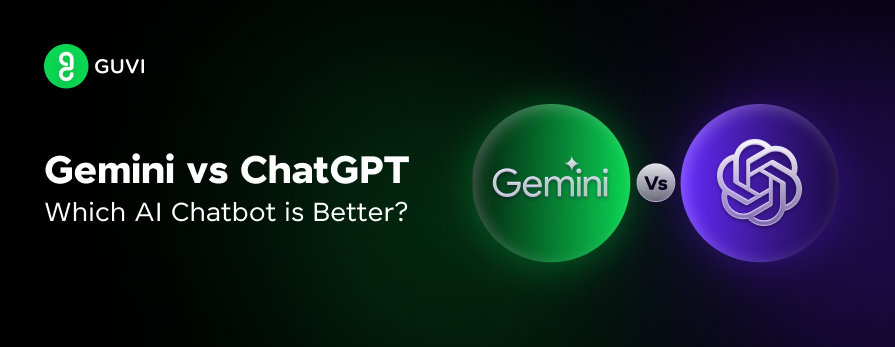
Gemini vs ChatGPT: Which AI Chatbot is Better?
Oct 22, 2024 6 Min Read 3226 Views
(Last Updated)
The term Artificial Intelligence gained widespread popularity and acceptance among the common public only after 2022 even though it has been there for decades. The reason for that is the introduction of the Gen AI model – ChatGPT!
Following the launch of ChatGPT, Google launched its own Gen AI model called Gemini. These two are so popular that even if people don’t know what AI is, they definitely know what ChatGPT and Gemini are.
So, what’s the difference between them? How come ChatGPT is different from Gemini and what is the answer to the long debate of Gemini vs ChatGPT? That is what we are going to see in this article!
Table of contents
- Key Takeaways
- What is ChatGPT?
- What is Gemini?
- Example Usage of ChatGPT and Gemini:
- Gemini vs ChatGPT: An Overview of Their Features
- Gemini vs ChatGPT: A Detailed Analysis of Their Differences
- Core Technology
- Multimodal Capabilities
- Subscription Models
- Language and Localization
- Context Window
- Customizability
- Real-Time Data and Web Access
- Integration with Other Tools
- Processing Speed and Efficiency
- Data Handling and Privacy
- Conclusion
- FAQs
- Which platform is better for enterprise use, Gemini or ChatGPT?
- Which platform offers better image generation capabilities?
- Can Gemini be used for video analysis?
- Does Gemini support offline usage?
- What are the key benefits of upgrading to ChatGPT Plus?
- What are the main limitations of ChatGPT?
Key Takeaways
- ChatGPT, developed by OpenAI, excels in text generation, content creation, and coding tasks
- Gemini, a product of Google, is designed for handling multimedia content (text, images, audio, video) and integrates deeply with Google services.
- Gemini’s standout feature is its real-time internet access, allowing it to fetch the latest information and images directly from the web. ChatGPT, on the other hand, offers real-time web access only to paid users.
- Gemini seamlessly integrates with Google services. ChatGPT, however, offers flexibility with third-party app integrations and custom GPT models for specific tasks.
- ChatGPT is more customizable than Gemini. Both platforms offer similar subscription plans, priced around 1600 – 2000 INR/month.
What is ChatGPT?

ChatGPT is an AI chatbot created by OpenAI, that was launched in November 2022 that is specifically designed to help you generate human-like text based on the prompts you provide.
It helps and assists you with answering questions, writing content, translating languages, or even coding, ChatGPT can handle it all.
The latest versions, like GPT-4, are more powerful and can manage complex tasks more effectively. If you’re using the free version, you’ll get access to basic features like text generation and content creation but they are limited to a certain amount. Upgrading to the paid version lets you unlock advanced capabilities like internet access and unlimited image creation. It’s a great tool for anyone looking to create or interact with text content.
If you are intrigued by the working nature of ChatGPT and want to learn more about it, consider enrolling for GUVI’s ChatGPT Course that covers every aspect related to it!
What is Gemini?

As mentioned earlier in the introduction, Gemini, a product of Google was introduced in March 2023, after the revolution of ChatGPT, is another AI chatbot that you can use for a variety of tasks.
Initially known as Bard, Gemini not only handles text but also excels at working with multimedia content like images and videos.
One of the key benefits of using Gemini is its ability to access real-time information from the web, ensuring that you always get the most up-to-date responses.
This is exceptionally great if you’re already using Google services like Gmail or Docs, as you’ll find that Gemini integrates smoothly with all these services, making your work more efficient.
While the free version is quite capable, upgrading to the paid version gives you access to even more advanced features, especially for handling complex data and multimedia tasks.
The common thing about these two technologies is that they both come under Generative AI, an advanced version of AI that creates its own content like texts, images, videos, and so on. If you want to learn more about Gen AI and how it enhances your daily life, consider enrolling in GUVI’s self-paced Generative AI course that also provides you with an industry-worthy certificate.
Example Usage of ChatGPT and Gemini:
In order to understand the working style of both these technologies and how one is producing a different output than the other, let us give a prompt to both these gen AI models and see how their results are:
Prompt:
“Explain the impact of climate change on global agriculture and provide suggestions for sustainable farming practices.”
Response in ChatGPT:
- ChatGPT will generate a detailed text-based response that discusses how climate change affects agriculture, such as changes in weather patterns, reduced crop yields, and increased risks of pests and diseases. It will then provide suggestions for sustainable farming practices, such as crop rotation, organic farming, and the use of technology to optimize water usage. If you’re using GPT-4 or GPT-4o, the response will be more refined and may include more technical details, especially if you’re on a paid plan.
Response in Gemini:
- Explanation: Gemini will provide a similar text-based explanation of the impact of climate change on global agriculture. However, if you ask for images related to sustainable farming practices, Gemini can pull in relevant images from the web, such as diagrams of crop rotation or photos of sustainable farms. Additionally, if you’re using the advanced version of Gemini, it might integrate real-time data or pull in up-to-date articles discussing recent advancements in sustainable agriculture.
These examples demonstrate how both platforms handle the same prompt, with ChatGPT focusing more on text generation and Gemini offering more multimodal content capabilities.
Gemini vs ChatGPT: An Overview of Their Features

ChatGPT and Gemini are like Coca-Cola and Pepsi. Their rivalry is so big and confusing that users often struggle to choose between Gemini vs ChatGPT. To help you with that, we have compiled a list of key differences between these two technologies.
Here’s a comparison between the features of ChatGPT and Gemini:
| Features | ChatGPT | Gemini |
| Core Technology | It was built on OpenAI’s GPT models (e.g., GPT-4) | It was developed by Google, integrating DeepMind |
| Multimodal Capabilities | It supports text and image generation (DALL-E 3 for paid users) | It handles text, images, audio, and video; real-time web image retrieval |
| Subscription Models | It has both free version (GPT-3.5) and paid version (GPT-4, GPT-4o) | It offers free version and paid Gemini Advanced (Gemini Ultra, Google Workspace integration) |
| Language Support | It supports over 50 languages | It supports over 40 languages, with deep Google ecosystem integration |
| Context Window | Up to 128,000 tokens (GPT-4 Turbo) | Up to 1 million tokens (Gemini 1.5 Pro) |
| Customizability | Custom GPTs can be created and shared | Less customizable, focuses on out-of-the-box functionality |
| Real-Time Data Access | It is limited to paid users with GPT-4o | It has full real-time web access for all users |
| Integration with Tools | It can integrate with third-party apps | Seamless integration with Google Workspace (Gmail, Docs, etc.) |
| Processing Speed | Fast but may slow down with complex queries | Optimized for speed, especially with multimedia tasks |
| Privacy and Data Management | Stores user interactions to improve service | Google privacy controls allow data management through Google Activity settings |
This table offers a concise and overview comparison to help you understand the key differences between Gemini vs ChatGPT based on their capabilities and features. In the next section, you will understand about these key differences in detail.
Gemini vs ChatGPT: A Detailed Analysis of Their Differences
The two leading AI platforms in the current technological era are Gemini and ChatGPT but they cater to slightly different needs and have unique strengths.
Here’s the breakdown and an in-depth analysis of the features mentioned in the table:
1. Core Technology
ChatGPT: ChatGPT is built on OpenAI’s Generative Pre-trained Transformer (GPT), including GPT-4, which powers its premium service. It excels at generating high-quality text, making it a go-to for content creation, language translation, and even coding tasks.
The model is pre-trained on a vast dataset, including Common Crawl, books, Wikipedia, and other publicly available content, to learn patterns in language. The pre-training phase involves predicting the next word in a sentence, allowing the model to generate coherent and contextually relevant text.
On the backend, ChatGPT runs on cloud infrastructure using Python as the primary programming language, with frameworks like PyTorch or TensorFlow to build and train the models. The model is deployed on distributed systems using tools like Kubernetes and Docker to manage scalability and ensure that the AI can handle multiple queries simultaneously.
Gemini: Formerly known as Bard, is powered by Google’s DeepMind technologies and is based on a combination of transformer architecture and multimodal capabilities.
The training process for Gemini involves using Google’s Infiniset dataset, which includes not only web-scraped data but also proprietary datasets that enhance the model’s understanding of various content types.
One of Gemini’s key backend technologies is multimodal learning, which allows the AI to process and generate output across different media types. This means that Gemini can analyze and respond to not just text prompts but also image and video inputs.
2. Multimodal Capabilities
- ChatGPT: While ChatGPT also supports image generation through DALL-E 3, this feature is limited to paid subscribers. However, it’s excellent for more detailed and refined text-based content, making it ideal for writing long-form articles or complex coding projects.
- Gemini: If you’re looking for a tool that can handle various types of input like images, audio, and even video, Gemini might be your best bet. It offers robust support for these formats and can pull in real-time images from the web. Google also provides free AI image generation through its Imagen model, making Gemini a strong choice for creative projects without the need for a paid subscription.
3. Subscription Models
- ChatGPT: The free version offers access to GPT-3.5, but if you want the full capabilities of GPT-4 and enhanced features like DALL-E 3 image generation, you’ll need to upgrade to ChatGPT Plus for 1,600 INR/month. This GPT-4 pricing plan also gives you access to custom GPT models and other premium features.
- Gemini: Gemini offers a free version with robust capabilities, but upgrading to Gemini Advanced (priced at 1950 INR/month) unlocks more powerful models like Gemini Ultra and integrations with Google Workspace tools. This plan also comes with 2TB of Google Drive storage, adding extra value for those already in the Google ecosystem.
4. Language and Localization
- ChatGPT: It supports over 50 languages, which makes it versatile for a global audience. However, its localization might not be as deep in terms of understanding regional dialects and idioms compared to some other AI models.
- Gemini: While it supports over 40 languages, Gemini’s strength lies in its integration with Google services, which might provide more accurate translations with Google Translate and better regional language support in Google ecosystems like Gmail and Docs.
5. Context Window
- ChatGPT: The context window for GPT-4 is up to 32,000 tokens, which is substantial for handling detailed prompt engineering. However, the more advanced GPT-4 Turbo model offers up to 128,000 tokens, which allows for even more extended interactions without losing context.
- Gemini: Boasting an even larger context window, Gemini 1.5 Pro can handle up to 1 million tokens, which is particularly beneficial for complex data analysis and long-term conversation threads. This can be especially useful for tasks that require retaining a vast amount of information.
6. Customizability
- ChatGPT: OpenAI allows users to create custom versions of ChatGPT and share them on the GPT store. This feature is particularly useful for businesses or developers who need a specialized chatbot tailored to specific tasks or industries.
- Gemini: Although Gemini is integrated deeply with Google services, it lacks the same level of customization as ChatGPT. Instead, it focuses on providing a more out-of-the-box solution with seamless Google integration.
7. Real-Time Data and Web Access
- ChatGPT: The free version of ChatGPT does not have real-time internet access. However, paid users can access the web using GPT-4o, which can fetch up-to-date information but isn’t as seamless as Google’s search capabilities
- Gemini: One of Gemini’s standout features is its real-time internet access for all users irrespective of paid or free, allowing it to pull in current data and search results directly from the web. This makes it particularly useful for research and tasks that require the latest information
8. Integration with Other Tools
- ChatGPT: While ChatGPT offers a range of integrations, including third-party apps and services, it does not have the same deep ecosystem integration as Gemini. However, its GPTs and custom models provide flexibility for specific use cases.
- Gemini: As a Google product, Gemini integrates seamlessly with Google Workspace, including tools like Gmail, Docs, and Sheets. This makes it an excellent choice for users already embedded in the Google ecosystem, as it enhances productivity by streamlining workflows across Google apps.
9. Processing Speed and Efficiency
- ChatGPT: While ChatGPT provides fast responses, especially with the latest GPT-4o, it can still slow down during heavy usage or with particularly complex queries. The need for server-side processing and the sheer size of the model can sometimes lead to delays.
- Gemini: Gemini is designed for efficiency, particularly when integrated with Google services. It offers faster responses and processes multimedia content more swiftly, making it suitable for tasks that require quick turnaround times, such as research or data analysis.
10. Data Handling and Privacy
Both platforms take different approaches to data management. Gemini benefits from Google’s extensive privacy controls, allowing users to manage or delete their data through Google Activity settings.
In contrast, ChatGPT stores user interactions to improve its service and comply with legal requirements. If privacy is a major concern for you, Gemini’s integration with Google’s privacy tools might provide more peace of mind.
These comparisons between Gemini vs ChatGPT should give you a more nuanced view of how Gemini and ChatGPT stack up against each other across different features and functionalities.
Your choice between them will likely depend on your specific needs, whether that’s more customization, better real-time data access, or deep integration with Google tools.
In case you want to explore more about Artificial Intelligence and Machine Learning, consider enrolling for GUVI’s Artificial Intelligence and Machine Learning courses that teaches you everything related to it with an industry-grade certificate.
Conclusion
In conclusion, the decision to choose between Gemini vs ChatGPT lies in your hands. Choose ChatGPT if you’re focused on detailed text generation, want access to the latest GPT models, and need a platform that’s excellent at content creation.
Choose Gemini if you need a versatile tool that integrates well with Google services, handles multimedia inputs, and stays up-to-date with real-time information from the web.
Both of these tools have their strengths, and your choice will largely depend on your specific needs, but whatever you choose, it aims to enrich your workflow and make it more efficient.
FAQs
1. Which platform is better for enterprise use, Gemini or ChatGPT?
ChatGPT is often preferred for enterprise use due to its customizable GPTs and integration with third-party apps, while Gemini’s deep integration with Google Workspace makes it suitable for businesses already embedded in the Google ecosystem.
2. Which platform offers better image generation capabilities?
ChatGPT uses DALL-E 3 for image generation but restricts it to paid users. Gemini offers free image generation through its Imagen model, making it more accessible for creative tasks.
3. Can Gemini be used for video analysis?
Yes, Gemini’s advanced versions can handle video inputs, making it useful for tasks that require analyzing or generating multimedia content.
4. Does Gemini support offline usage?
No, Gemini requires internet access to function, especially for real-time data retrieval and processing tasks.
5. What are the key benefits of upgrading to ChatGPT Plus?
Upgrading to ChatGPT Plus unlocks access to GPT-4, advanced image generation with DALL-E 3, and custom GPTs, offering more powerful features for complex tasks.
6. What are the main limitations of ChatGPT?
ChatGPT’s main limitations include its reliance on pre-existing data (without real-time internet access for free users) and potential biases in its responses due to its training data.

















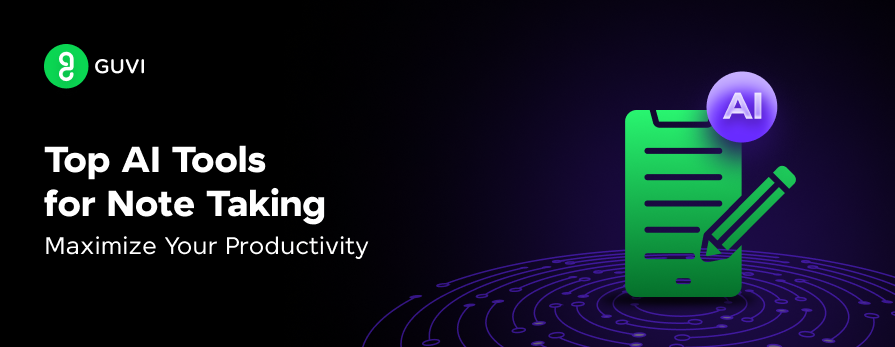
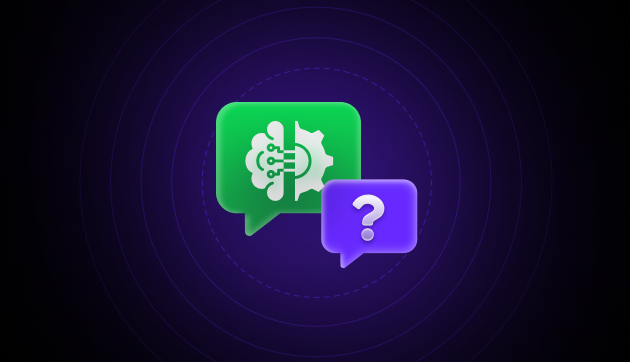
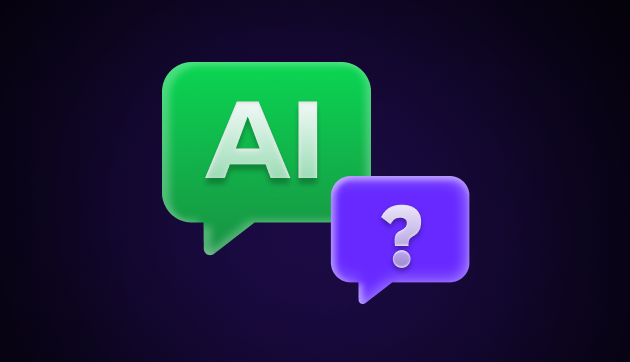

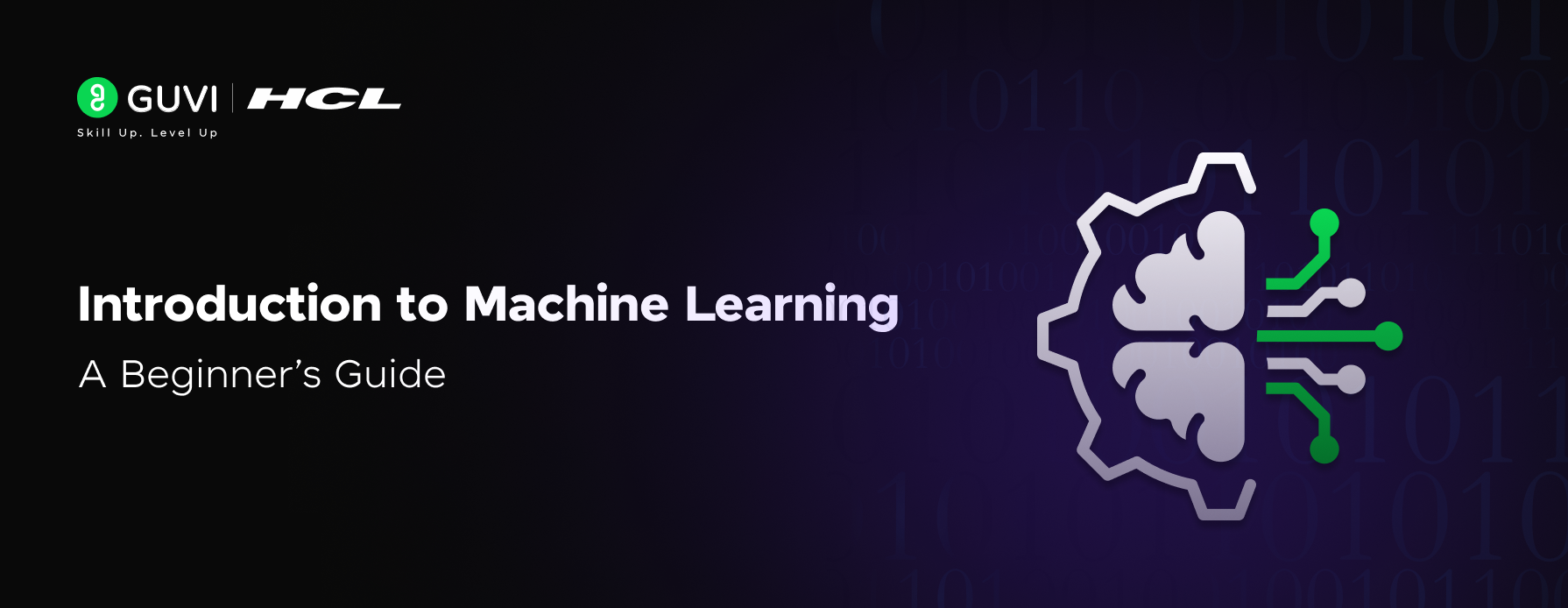

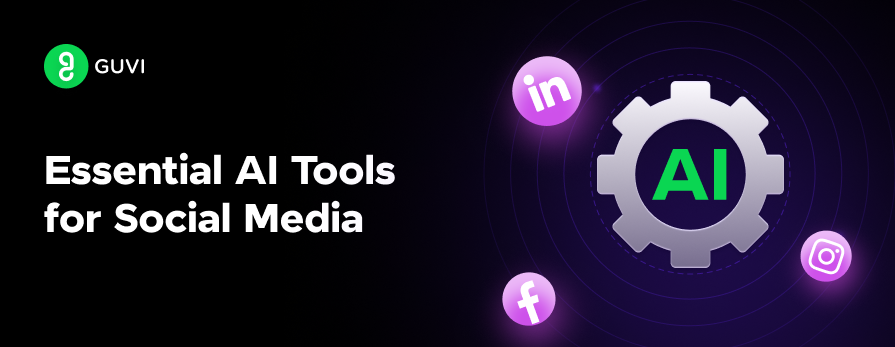
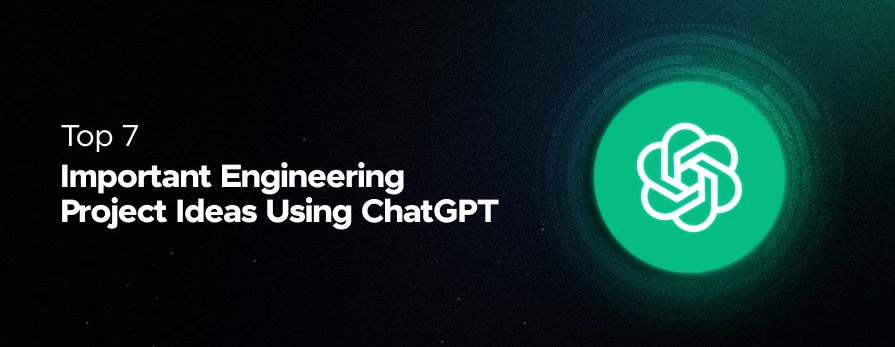
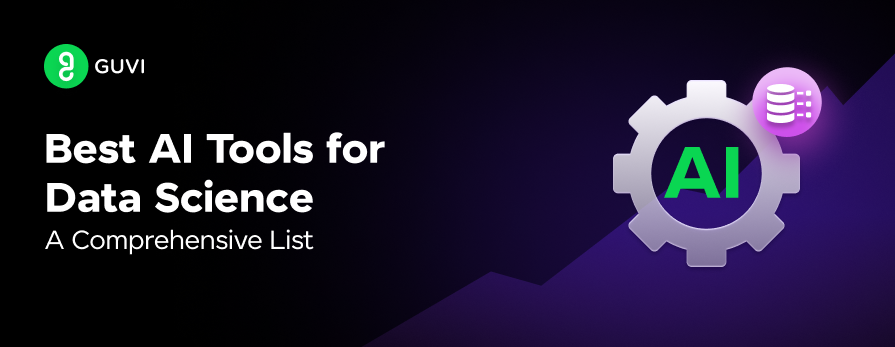
Did you enjoy this article?